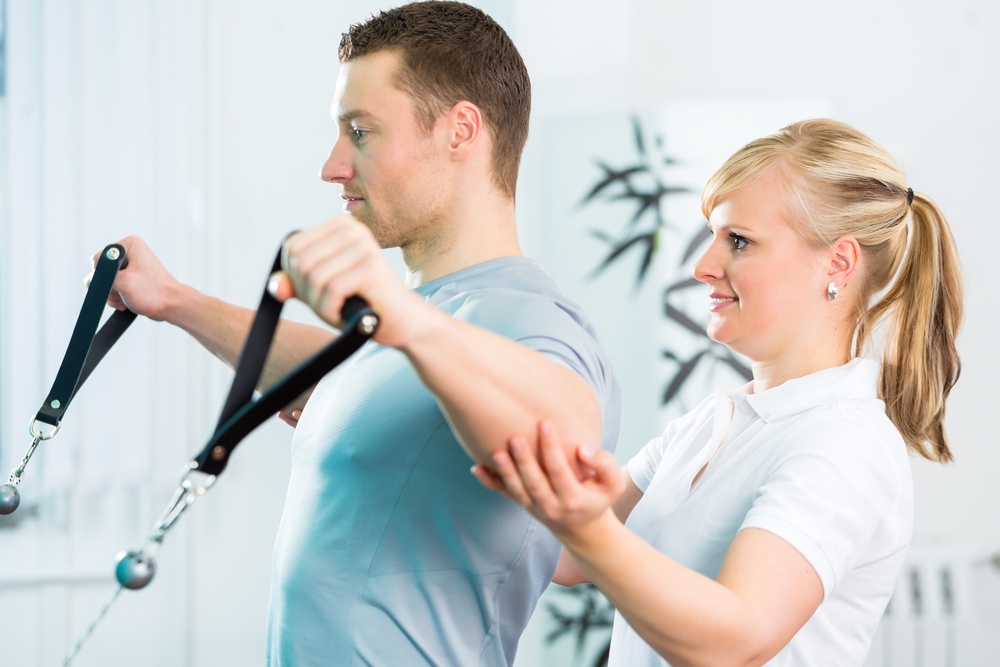Harnessing Psychological Fortitude to Maximize Results in Sports Treatment
Wiki Article
Mental resilience is an essential trait that can significantly elevate outcomes in athletic treatment. Competitors often face conditions that involve time away from their activity, which can be both physically and psychologically difficult. Psychological toughness refers to the ability to remain robust and positive in the face of hardship. It helps players adapt to the stress of rehabilitation, stay concentrated on their milestones, and maintain drive throughout the healing process. By developing mental resilience, patients can enhance their recovery experience and return to their discipline more capable than before.

A single key aspect of building emotional toughness is setting realistic objectives. When athletes are injured, it is crucial for them to have structured, attainable benchmarks during their recovery. These milestones should be detailed, trackable, reachable, meaningful, and time-specific (SMART) principles. For example, instead of saying “I want to get better soonâ€, an athlete might set a goal like “I will follow my therapy routine three times weekly for four weeksâ€. This helps recovering individuals monitor their progress and keep their attention on what they can influence, reducing feelings of discouragement or despair.
Another key factor in enhancing mental resilience is maintaining a positive mindset. Athletes should practice positive self-talk and visualization techniques to foster a constructive mental environment. Positive self-talk involves replacing negative thoughts with empowering statements. For instance, instead of thinking “I can’t do thisâ€, an patient could tell themselves “I’m getting stronger with every stepâ€. Imagery can also be beneficial; patients can imagine themselves performing well in their discipline find this as they heal. These practices help build mental fortitude and reinforce the belief that recovery is possible.
Networks of support play a critical role in fostering mental resilience during healing. Individuals should surround themselves with motivating peers, loved ones, mentors, and rehab specialists who understand the difficulties of rehabilitation. Open communication with these support figures allows recovering individuals to express their feelings, fears, and frustrations. Additionally, sharing experiences with other patients can provide a sense of belonging and empathy that makes the journey easier. Knowing go now others have faced related obstacles can encourage hope and motivate athletes to push through.
Finally, mindfulness techniques can significantly strengthen an individual’s mental resilience during treatment. Mindful awareness involves being aware of one’s internal dialogue and emotions without judgment. Practices such as mental stillness, breathwork, or yoga can help patients manage tension and stress related to their healing process. By incorporating these techniques into their regular habits, athletes learn to stay focused and focused on their healing journey, rather than dwelling on what they have been unable to do during their time off from activity. This method promotes emotional stability and encourages a more positive attitude towards rehabilitation.